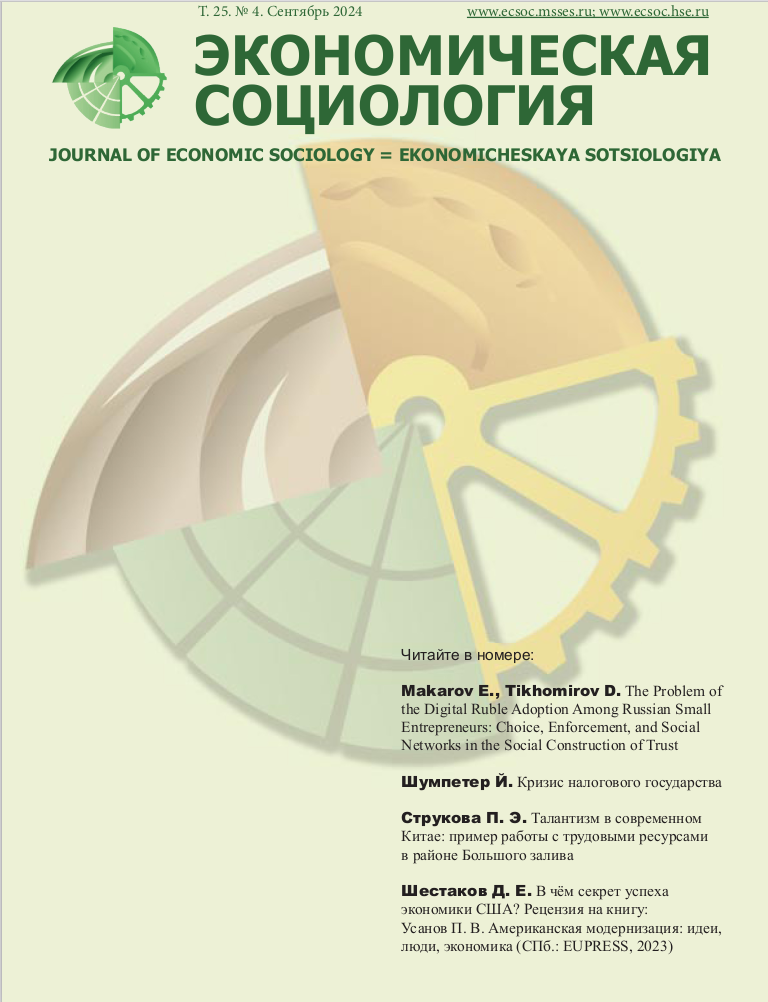Why are Citizens Proud of Their Country?
The Role of the Media and the Perception of External Threats in the Formation of National Pride in Russia
Abstract
National pride is recognized as a crucial factor in shaping individual behaviors that align with governmental expectations. This study investigates the question: why do some citizens exhibit greater pride in their country than others? Are the sources of national pride distinct among different groups? To explore these questions, the author analyzed data from the seventh wave of the World Values Survey. The article emphasizes the influence of news content and perceptions of war threats on overall national pride.The author draws upon concepts such as the authoritarian public sphere, the “rally around the flag” phenomenon, and social dominance theory. Through regression analysis, it was determined that viewing television news positively correlates with increased levels of patriotism. The study posits that citizens' concerns about external threats amplify their sense of national pride. However, it is noted that content from social media platforms had a statistically insignificant impact on this relationship.The research highlights several statistically significant determinants at a 10% level: 1) accessing news content online is associated with a decrease in national pride; 2) older citizens tend to express higher levels of patriotism. The findings reveal that the general level of national pride among ethnic minorities in Russia surpasses that of ethnic Russians.













